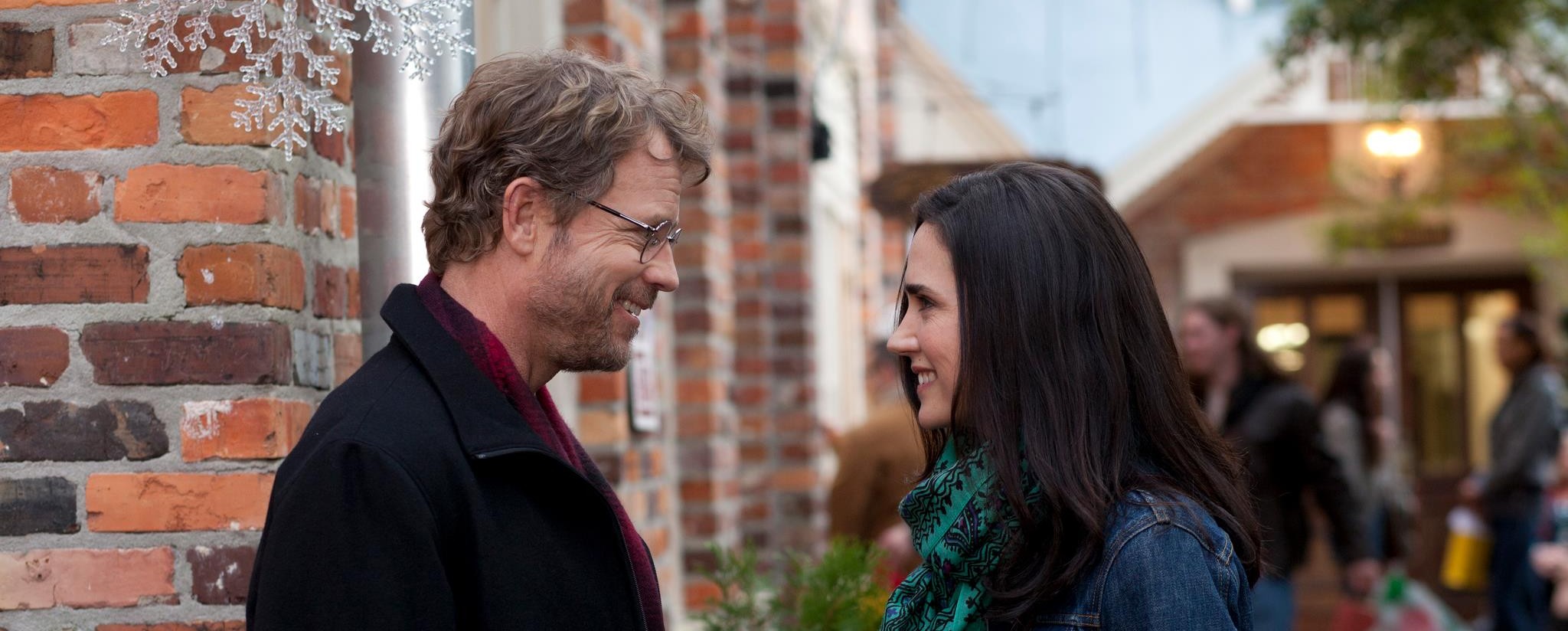This film actually managed to make The Red Dragon pretty irate (not in itself altogether unusual), both for its blatant double standards on serious issues like drug use, and for its grating, and inevitable, conceit of ‘everything will be alright in the end because this is a film designed to showcase upcoming talent featuring a score sounding very much like every other romantic drama released over the last half decade or so, not a film featuring any real characters’. The film focuses on one family, whose parents, played by Greg Kinnear and Jennifer Connelly, have divorced (we never find out why) and it looks at the effect on their children, played by Lily Collins and Nat Wolff, as well as the current state of each family member’s love life. Three of them are writers, and the idea of a shared favourite book resulting in cosmic romance is played out in a particularly dreary and nasty manner, transforming the daughter from a wanton and desperate slut into the hopeless romantic that the film preaches we all secretly are.
In the same way, the story bizarrely shows the parents to not really care their young son is heavily into smoking weed, until a certain point when it does randomly begin to worry one of them, and then we see cocaine appearing and cue the evil music. One is obviously medically more severe than the other, but the grotesque pretension of the narrative seems to miss the fact that endorsing one can also potentially lead to the other – we are to assume the young girl onscreen has been introduced to the drug by her aggressive boyfriend and his friends, but it is unlikely they began with the hard stuff. It’s simply not responsible enough to have a blasé approach to soft core drugs in order to try and look ‘hip’ to a younger demographic, something which has been creeping into Hollywood output (though this is an independent film) for a while, often in throwaway scenes. Lilly Collins smiles approvingly when her brother says he has a stash of weed to smoke, so she endorses it as she sits with him outside and watches him smoke, but is very careful not to have any herself, as at this point in her fledgling career (her biggest role to date is as Snow White in last year’s ‘Mirror Mirror’) it wouldn’t be wise, effectively highlighting the issue. A film can easily be pro or against soft drugs but there has to be a context, a point even, to the very conscious decision to introduce it. Later in the film there is an uproar for, shock horror, giving a sixteen year old a glass of champagne, which somehow leads her to automatically go off and try to get laid with another guy (she is dating Wolff’s character) and go back to abusing coke.
Some of the songs used alongside the score are pretty good, but with the casting of attractive actors (who all do a good job) and the promise that pining after the object of your affection, even if they are with someone else, will yield positive results, not to mention that promiscuity and soft drug culture carry no significant threats whatsoever, ‘Stuck in Love’ has chosen an extremely ill conceived way to try and appeal to its audience.

